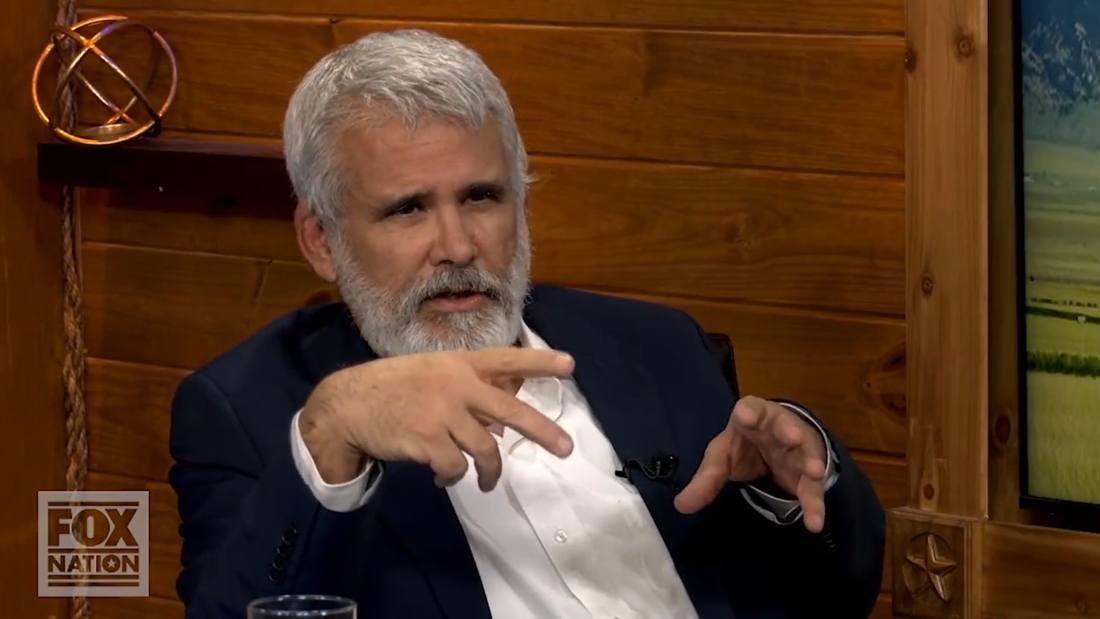UK prepares to introduce central bank-backed digital pound
12/14/2022 / By Ramon Tomey

The United Kingdom is preparing to introduce the digital pound backed by the Bank of England (BoE), essentially making the idea of a trackable central bank digital currency (CBDC) a reality.
British Chancellor of the Exchequer Jeremy Hunt confirmed this, adding that the BoE will begin consultations for the CBDC’s design. The digital pound sterling formed part of his “Edinburgh Reforms” that sought to overhaul the U.K.’s financial services.
“[The government will begin] bringing forward a consultation in the coming weeks to explore the case for a CBDC – a sovereign digital pound – and consult on a potential design. The BoE will also release a technology working paper setting out cutting-edge technology considerations informing the potential build of a digital pound,” Hunt wrote in a statement to the British Parliament.
A shift to CBDCs is definitely a cause for concern, however. Should digital currencies replace physical ones, governments would be able to track every purchase or transaction made by the public. Moreover, the BoE has admitted that a digital pound could be “programmable” – i.e. Downing Street could potentially add mechanisms to prevent people from spending their own money on things the state disapproves. (Related: Central Bank Digital Currencies are the bullet train to digital concentration camps.)
Compared to the decentralized Bitcoin, a CBDC is no different from the traditional fiat banknotes being issued by the BoE and other central banks worldwide. Thus, it could suffer from the same inflation issues if the central bank decided to issue more of it – similar to printing cash. Moreover, there are also concerns about CBDCs being tied to a social credit score similar to the one used in China.
Hunt, a figure from the time of former British Prime Minister David Cameron, is not the only official promoting the use of a digital pound sterling in the United Kingdom. His boss, incumbent Prime Minister Rishi Sunak, is at the forefront of a CBDC adoption.
Nigeria limiting ATM withdrawals, forcing people toward CBDC
It seems that the U.K. is not the only one pushing for CBDCs among its population. The West African country of Nigeria, incidentally a former British colony, was the first nation to introduce digital currencies through its eNaira. However, reception to the CBDC backed by the Central Bank of Nigeria (CBN) was rather lukewarm.
This forced Abuja to impose limits on ATM withdrawals, in a bid to force Nigerians to adopt the eNaira. Only 1 in 200 Nigerians use the eNaira for transactions, according to Bloomberg. Government-implemented discounts and other incentives failed to convince citizens that going digital was the way.
Infowars reported that the Nigerian government has limited daily ATM withdrawal to just ?20,000 ($44.86), down from the previous daily limit of ?150,000 ($336.45). Weekly cash withdrawals are now limited to ?100,000 ($224.30) for individuals and ?500,000 ($1,121.50) for corporations. Any amount above these limits will incur a five percent surcharge for individuals and a 10 percent surcharge for corporations.
Moreover, new rules set to take effect on Jan. 9, 2023 will ban the cashing of checks above ?50,000 ($112.15) over the counter, and ?10 million ($22,430) through the banking systems. Point-of-sale cash withdrawals have been capped at ?20,000 ($44.86).
“The action is the latest in a string of [CBN] orders aimed at limiting the use of cash and expand digital currencies to help improve access to banking,” the Bloomberg report stated. “In Nigeria’s largely informal economy, cash outside banks represents 85 percent of currency in circulation and almost 40 million adults are without a bank account.”
The report also mentioned that the CBN “also plans to mint more of the eNaira digital currency,” which was first launched in 2021.
MoneySupply.news has more stories about CBDCs.

Watch this video that explains why CBDCs are problematic.
This video is from the United by Truth channel on Brighteon.com.
More related stories:
Australia to overhaul payments system with digital currency issued by central bank.
Israel, Norway and Sweden to test central bank digital currencies for cross-border transactions.
US government’s new Central Bank Digital Currency is a fast track to digital concentration camps.
11 Countries have already adopted central bank digital currencies and 105 others are considering it.
Sources include:
Submit a correction >>
Tagged Under:
ATM withdrawals, Bank of England, big government, Bubble, CBDC, central banks, conspiracy, currency reset, deception, digital currencies, digital pound, eNaira, Jeremy Hunt, money supply, Nigeria, obey, pound sterling, risk, Tyranny, United Kingdom, withdrawal limits
This article may contain statements that reflect the opinion of the author
RECENT NEWS & ARTICLES
COPYRIGHT © 2017 LIBERTY NEWS




















